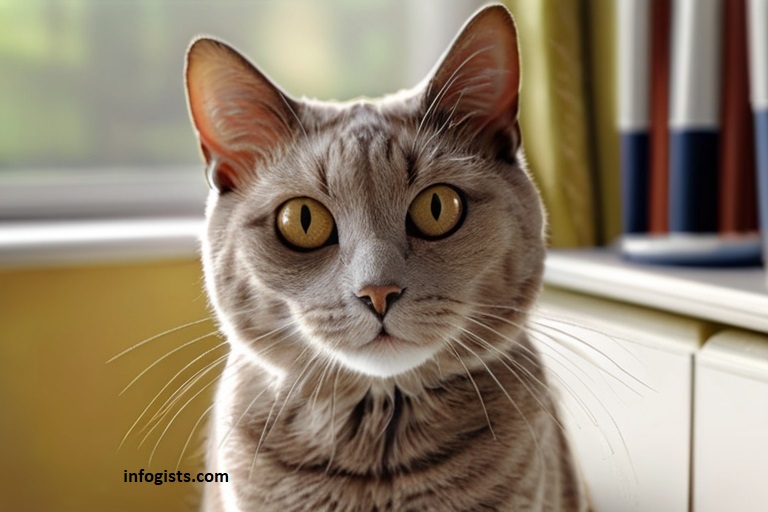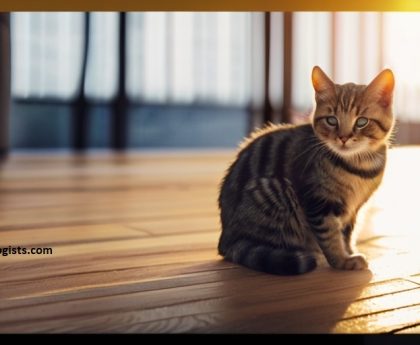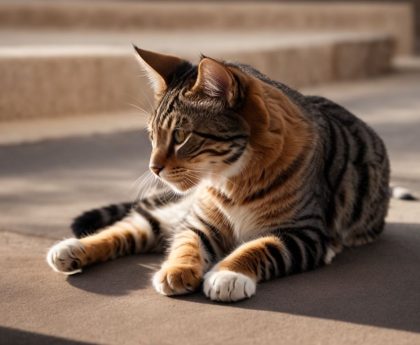Senior Cat Care: Meeting the Needs of Aging Felines
Introduction:
As our feline companions age, their needs evolve, necessitating adjustments in their care to ensure they continue to lead happy and comfortable lives. Senior cats, typically considered those over the age of 7, may encounter a range of health issues and behavioral changes that demand attention and understanding from their owners.
By grasping the unique needs of aging felines and making appropriate accommodations, we can provide the best possible care for our beloved senior cats, enriching their lives in their golden years.
Understanding Senior Cat Care:
- Health Monitoring:
- Regular Veterinary Check-ups: Senior cats should visit the veterinarian at least twice a year for comprehensive health assessments, including blood work, urinalysis, and dental exams. Early detection of age-related conditions such as arthritis, kidney disease, dental issues, and hyperthyroidism is crucial for effective management and to maintain their quality of life.
- Dental Care: Dental problems are prevalent in senior cats, leading to discomfort, difficulty eating, and potential health complications. Routine dental cleanings performed by a veterinarian and home dental care, such as brushing and dental treats, can help maintain oral health and prevent periodontal disease.
- Nutritional Support:
- Specialized Diets: Senior cats may benefit from specialized diets formulated to address their changing nutritional needs. These diets often contain lower levels of calories and phosphorus to support kidney health, as well as added joint supplements such as glucosamine and chondroitin to support mobility and alleviate arthritis symptoms.
- Adequate Hydration: Senior cats are prone to dehydration, so it’s crucial to encourage them to drink water regularly. Providing multiple water sources throughout the house, using pet fountains, and offering wet food, which has higher moisture content than dry kibble, can help ensure adequate hydration.
- Comfortable Environment:
- Easy Access: Make modifications to your home to accommodate your senior cat’s reduced mobility and potential arthritis. This may involve providing ramps or steps to access high places, placing litter boxes on multiple levels, and offering soft, supportive bedding in warm, quiet areas where they can rest undisturbed.
- Temperature Regulation: Senior cats may have difficulty regulating their body temperature, so ensure that your home is kept at a comfortable temperature year-round. During colder months, provide heated beds or blankets to keep your senior cat warm and cozy.
- Behavioral Support:
- Increased Affection: Senior cats may become more affectionate as they age, seeking comfort and companionship from their owners. Spend quality time with your senior cat, offering gentle affection and engaging in activities they enjoy, such as grooming, brushing, or interactive play with toys.
- Environmental Enrichment: Provide mental stimulation for your senior cat through interactive toys, puzzle feeders, and window perches to observe outdoor activity. Regular play sessions and environmental enrichment can help prevent cognitive decline and keep your senior cat mentally sharp and engaged.
Conclusion:
Caring for a senior cat requires attentive consideration of their changing needs and a commitment to providing the best possible care throughout their twilight years. By monitoring their health, providing appropriate nutrition, creating a comfortable environment, and offering emotional support, we can ensure that our senior feline companions enjoy a happy, fulfilling life well into their golden years, surrounded by love and care.
FAQ:
Q: How can I tell if my cat is a senior?
A: Cats are generally considered seniors around the age of 7, although individual cats may age differently based on factors such as breed, genetics, and overall health. Signs of aging in cats may include changes in mobility, appetite, grooming habits, litter box usage, and overall energy levels.
Q: What are common health issues in senior cats?
A: Common health issues in senior cats include arthritis, dental disease, kidney disease, hyperthyroidism, diabetes, and cognitive dysfunction. Regular veterinary check-ups are essential for early detection and management of these conditions to ensure the best possible outcome for your senior cat.
Q: How can I make my home safer for my senior cat?
A: To make your home safer for your senior cat, remove potential hazards such as sharp objects, toxic plants, and inaccessible areas. Provide easy access to food, water, litter boxes, and comfortable resting spots, and consider using night lights to help your senior cat navigate in low light conditions. Regularly assess your home environment and make adjustments as needed to accommodate your senior cat’s changing needs and abilities.





